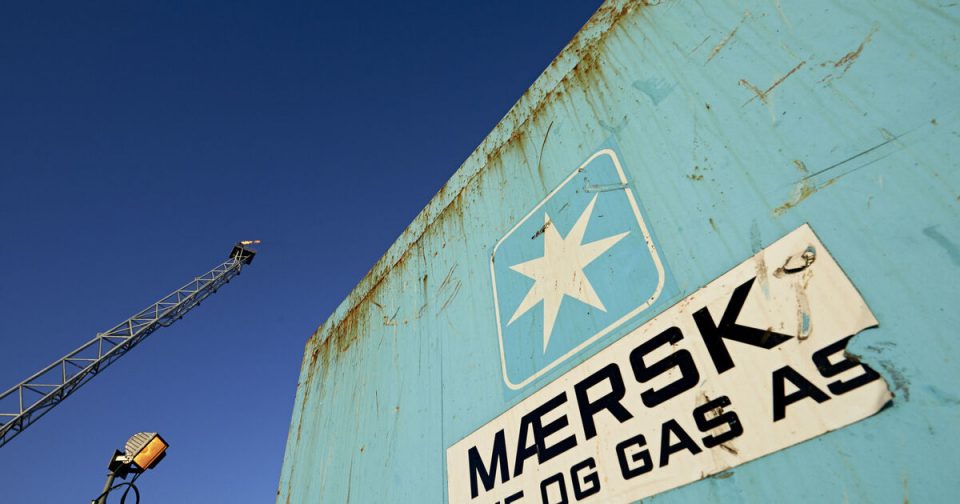Disruptions in global trade flows are set to persist into the second part of the year, longer than previously expected, Danish transport giant Moller-Maersk has predicted.
Global supply-chain issues are flaring up again after Covid-19 lockdowns in China Covid-19 lockdowns in China caused massive congestion at the country’s ports.
At the same time, Russia’s war in Ukraine and rising inflation are upending trade patterns, hampering container flows further.
There is a risk the global container market will contract this year, Maersk said, forecasting worldwide demand in the range of a 1% volume decline to 1% gain. It had earlier estimated demand growth of 2% to 4%.
Fewer available containers will keep the price of shipping goods high this quarter, with markets expected to start normalising early in the second half, Maersk said, adding its own profit would likely go up by 25% as a result of the “exceptional market situation”.
Kuehne + Nagel also indicated that trade bottlenecks were worsening amid strong demand for capital and consumer goods, as the freight-forwarder reported sea logistics profit that tripled from a year earlier.
“The already strained supply-chain situation deteriorated further” in the first three months of the year, said chief executive Detlef Trefzger.
The “war in Ukraine increases uncertainty in a still tense market environment”, said the Swiss company.
Maersk now forecasts a 2022 profit of about $30bn (€28bn), measured as underlying earnings before interest, tax, depreciation, and amortisation, according to a statement.
That is up from the $24bn Maersk predicted in February and more than analysts were expecting. The disruption allowed container lines to charge 71% higher rates in the first quarter than a year earlier, it said.


